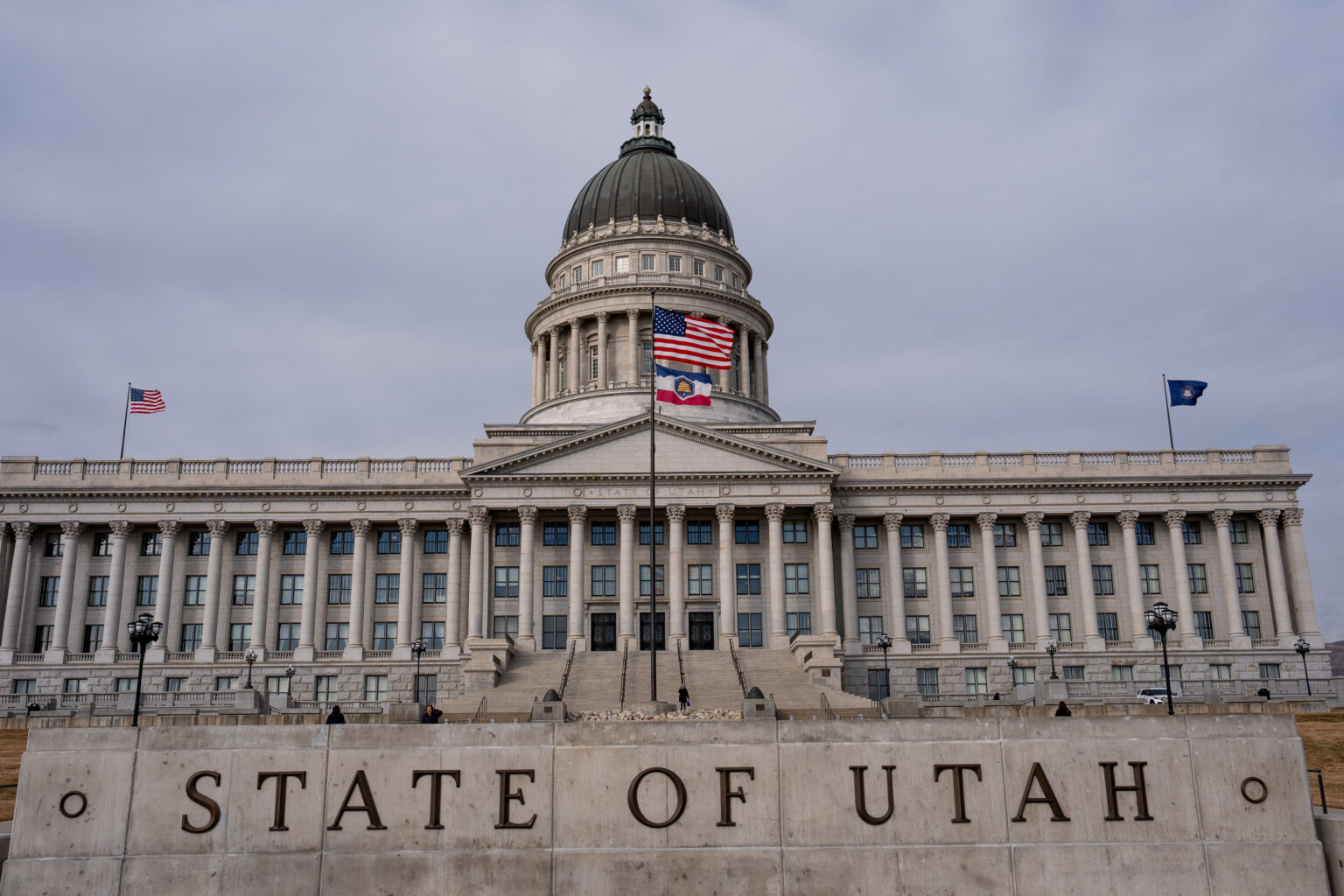Yesterday, many new laws went into effect. But throughout Utah’s legislative session earlier this year, there were quite a few bills that you might not have heard about, simply because they failed to pass or because the worst parts were amended out of the bill.
Here are a couple examples of bills that Libertas Institute actively worked against to successfully defeat:
House Bill 104 would have made it a criminal offense for a person to not call 911 in an emergency involving a serious bodily injury—an idea that sounds fine on paper, but would have too many negative consequences. As in past years, the House voted this bill down.
House Bill 350 sought to increase penalties for those driving with an illegal drug metabolite in their body (which isn’t impairing them), punishing them at the same level as a DUI (where they are impaired). Prosecutors fought for this bill and succeeded in the House, but we were able to sway enough Senators to vote the bill down.
And here are a few examples of bills that Libertas Institute was successfully able to modify into a more agreeable bill:
House Bill 139 initially criminalized a person’s right to refuse a drug or alcohol test, which someone may do simply to exercise their 5th Amendment rights. The bill would have implemented a new penalty for refusing to submit to a test—and one that is harsher than an actual DUI conviction. Under the original form of HB 139, it didn’t matter if a person was driving under the influence of drugs or alcohol or completely sober. The bill was eventually substituted with acceptable language, removing these problematic provisions.
Senate Bill 31 first had language that would have partially restored Utah’s mandatory vehicle safety inspection program that we persuaded legislators to repeal three years ago. Studies show that these programs are ineffective and most states no longer have such a program. SB 31 would have required any vehicle three years or older to have a yearly inspection. After opposition, the bill was eventually amended to narrowly focus on vehicles that had been cited as needing a repair by law enforcement.
Senate Bill 81 would have increased the amount of tax credits and cash rebates available for film productions in Utah. Studies show that these types of incentives are a net drain to the state. The bill was substituted to remove the increases and we withdrew our opposition.
Senate Bill 173 generated some debate for its initial attempt to punish free speech in a public meeting that an elected official might consider “disturbing.” We worked with other concerned parties to develop alternative language that removed the offending provisions and find a better balance that protects free speech.
This year we were also able to work with a couple different legislators to have bills dropped before they were ever assigned to a legislative committee—one dealing with the privacy of a sensitive medication database, and another one dealing with a requirement to have a front license plate. We’re thankful that these legislators listened to their constituents and the arguments we presented.
In the end, we do more than just encourage legislators to pass a variety of good policies. Libertas Institute also serves as a watchdog for poorly written legislation—a monumental task considering the over 800 bills that are numbered each year!





